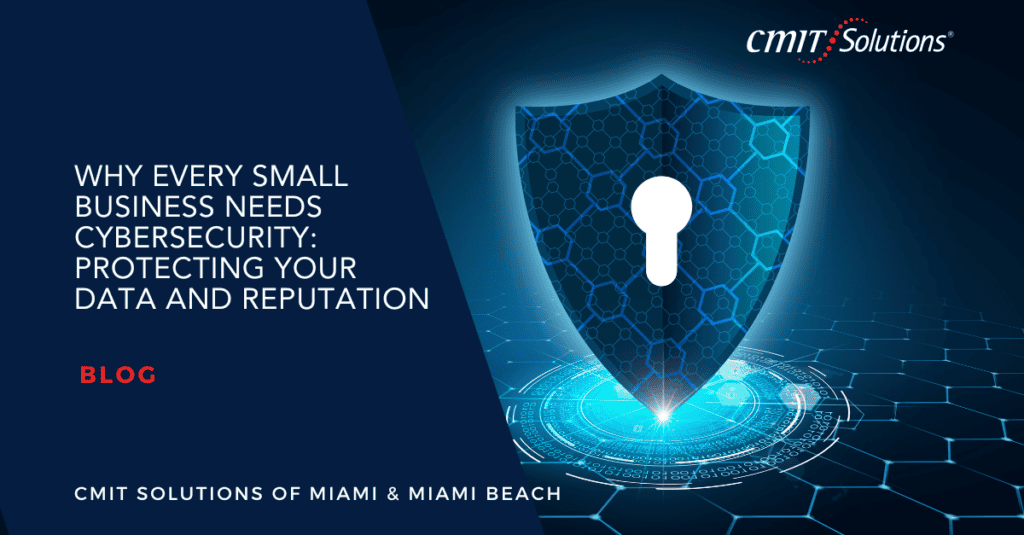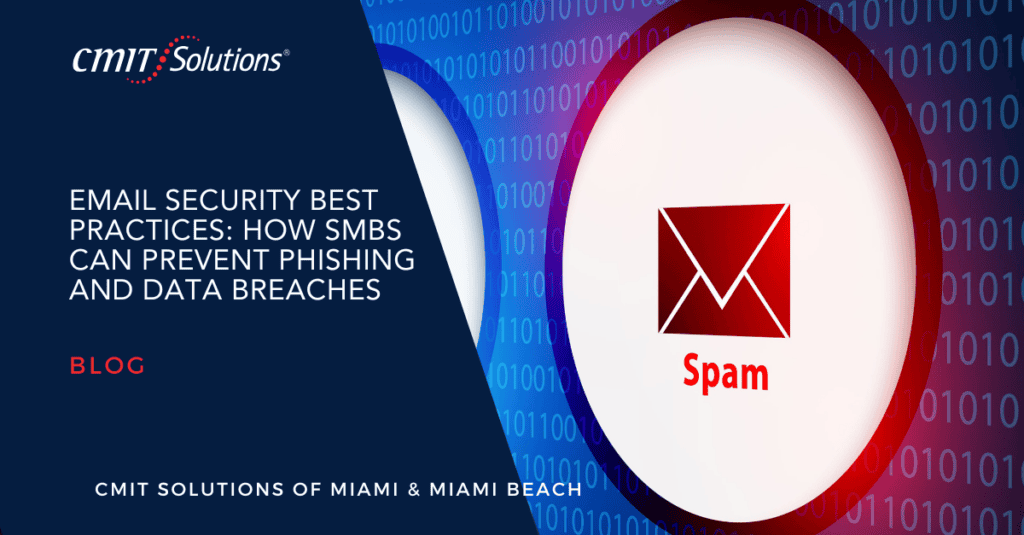In an era where cyber threats are growing more sophisticated, businesses must take a proactive stance to safeguard their digital assets. Cybercriminals are no longer just targeting large corporations; small and medium-sized businesses are increasingly at risk. Cybersecurity is no longer optional—it is a fundamental aspect of maintaining business continuity, protecting sensitive data, and ensuring regulatory compliance.
The Modern Cybersecurity Landscape
Businesses today face a variety of cyber threats, including:
- Ransomware attacks that encrypt critical files and demand payment for decryption.
- Phishing scams that trick employees into revealing sensitive information.
- Data breaches that expose customer and company data.
- Insider threats where employees unintentionally or maliciously compromise security.
- Zero-day exploits that target vulnerabilities before they are patched.
To counter these threats, businesses must adopt a comprehensive cybersecurity strategy that includes proactive monitoring, employee education, and advanced security solutions. Cybersecurity services provide businesses with robust defenses against modern digital threats.
The Importance of a Proactive Cybersecurity Approach
A reactive cybersecurity strategy is no longer enough. Businesses need to take a proactive approach to identify, prevent, and mitigate cyber threats before they cause damage. Here’s how:
1. Implement Managed IT Security Services
Relying on internal IT teams alone can leave gaps in cybersecurity defenses. Managed IT services provide 24/7 monitoring, automated updates, and real-time threat detection to keep networks secure. Explore managed IT services to strengthen your company’s digital defenses.
2. Strengthen Endpoint Security
Every device connected to a business network is a potential entry point for cyber threats. Implementing advanced endpoint protection ensures that desktops, laptops, mobile devices, and IoT devices are secured. Network management solutions help businesses monitor and manage security across multiple endpoints.
3. Protect Business Data with Cloud Security
Cloud computing has revolutionized business operations, but it also introduces new cybersecurity risks. Ensuring secure cloud storage and encrypted access controls reduces vulnerabilities. Cloud services provide scalable and secure solutions for modern businesses.
4. Educate Employees on Cybersecurity Best Practices
Human error is one of the leading causes of cyber incidents. Regular cybersecurity training helps employees recognize phishing attempts, avoid suspicious links, and use strong passwords. Email security best practices reduce the risk of email-based attacks.
5. Implement Multi-Layered Authentication and Access Controls
Using multi-factor authentication (MFA) and role-based access controls limits unauthorized access. Businesses should ensure that only authorized personnel can access critical systems. IT guidance helps companies implement effective authentication strategies.
6. Ensure Compliance with Industry Regulations
Non-compliance with data protection laws can lead to legal and financial consequences. Businesses must adhere to standards such as GDPR, HIPAA, and PCI-DSS to avoid regulatory penalties. Compliance solutions help businesses navigate complex cybersecurity regulations.
Why Data Backup and Disaster Recovery Matter
Cyber incidents can cause severe disruptions, making data backup and disaster recovery essential components of any cybersecurity strategy. Having reliable backup solutions ensures that businesses can recover quickly in case of:
- Cyberattacks (e.g., ransomware infections)
- Hardware failures
- Natural disasters
A strong data backup plan minimizes downtime and prevents data loss. Learn more about data backup solutions to protect your business continuity.
Leveraging Unified Communications for Secure Collaboration
As businesses continue to embrace remote and hybrid work environments, secure communication tools are essential. Unified communications solutions integrate messaging, video conferencing, and file sharing within a protected platform, reducing the risk of data leaks. Unified communications improve collaboration while maintaining security.
Optimizing IT Procurement for Cybersecurity
Choosing the right cybersecurity tools and hardware is crucial for building a secure IT infrastructure. IT procurement services help businesses select reliable software and hardware that align with their security needs. IT procurement solutions ensure that businesses invest in the most effective cybersecurity technologies.
The Future of Cybersecurity: What Businesses Need to Know
The cybersecurity landscape is constantly evolving. Businesses must stay ahead of emerging threats by:
- Adopting AI-driven cybersecurity solutions that detect anomalies in real time.
- Enhancing IoT security to protect connected devices.
- Implementing Zero Trust security models that require continuous verification.
- Conducting routine security audits to identify and patch vulnerabilities.
Staying proactive and continuously updating security measures will help businesses prevent cyber threats before they happen. Learn more about strengthening cybersecurity.
Final Thoughts: Strengthening Your Business with Cybersecurity
With cyber threats becoming more advanced, businesses must implement a comprehensive cybersecurity strategy to protect their data, employees, and customers. Investing in managed IT services, network security, employee training, and compliance solutions will help businesses navigate today’s evolving digital threats.
For businesses in Miami & Miami Beach, working with a trusted IT provider ensures seamless cybersecurity implementation. Whether you need cloud security, endpoint protection, or compliance support, our experts can help you safeguard your digital environment.
Contact us today to fortify your cybersecurity strategy and stay ahead of cyber threats.




